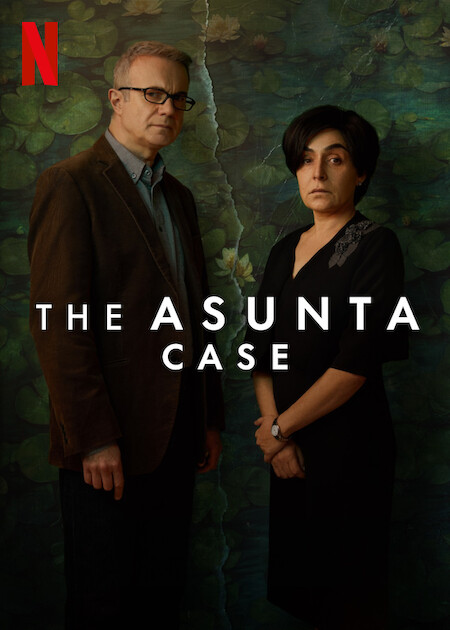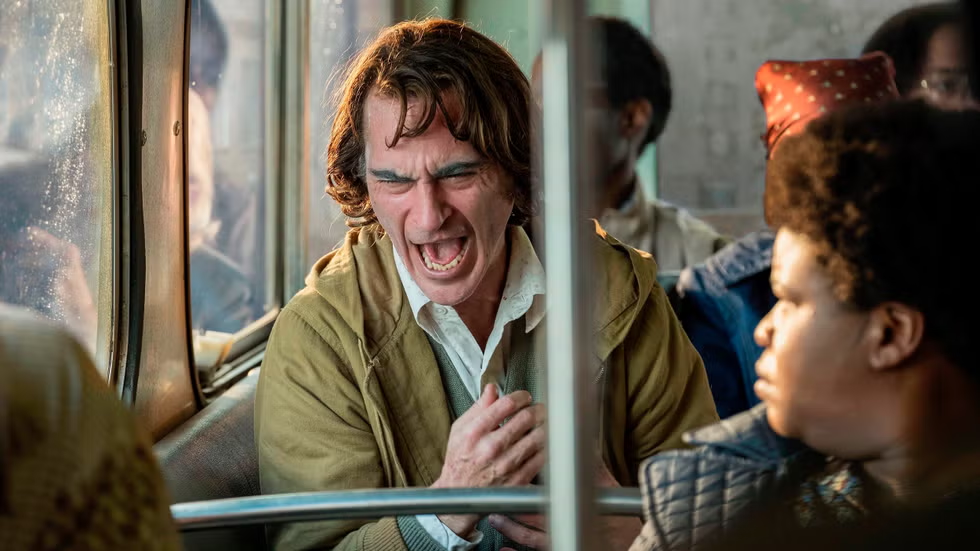We remember the gloomy letter that Alfonso Basterra dedicated to Ramón Campos, creator of The Asunta Case and producer of the successful Netflix true crime series.

The Netflix series catalog premiered the long-awaited The Asunta Case on April 26, a production that addresses the tragic murder of the Galician girl who shocked the country when her adoptive parents, Rosario Porto and Alfonso Basterra, became the main suspects in the crime. The series, which has rightfully become one of the major television phenomena of 2024, has been a hit both inside and outside Spain as one of the most-watched fictions on Netflix this year and is poised to make a strong impact in the upcoming awards season.
Released in 2017 on Antena 3, this trilogy that now forms part of the list of the best true crime documentaries on Netflix was directed by the already essential León Siminiani (Notes for a Heist Movie, The Alcàsser Case) and ended with a letter that Alfonso Basterra wrote from prison to Ramón Campos, the producer of that title and one of the responsible for the current docuseries:
“Dear Mr. Campos,
In previous letters, I have conveyed the rage and anger that has been destroying and devouring me for the past three years. Rage and anger towards the investigating judge, the prosecutor, the lawyers for the private prosecution, the media, and, very particularly, towards the person who ended my daughter’s life.
But these feelings would inevitably lead me to madness and self-destruction, and that is something I cannot and must not tolerate, because I would abandon the essence of my self, of which something still remains, and I would end up defeated by forces beyond me.
So after much thought, I have understood that forgiveness is my path. The only possible way to stay on my course and navigate this great challenge that fate has placed before me.
You may not believe it, but after many hours of meditation, I believe this new direction is not only the right one but also the definitive one. I cannot fall back into episodes of rage like those I have experienced. Furthermore, I have come to the conviction that all of them acted under a professional sign of which they were convinced and in accordance with the purest ethics. Totally mistaken, but without breaking the law and without any intention of condemning for the sake of condemning.
You will be surprised, but when in six years, at the earliest, I have the third degree, instead of killing the aforementioned, as I imagined so many times, what I truly desire is to sit in a café with them and discuss, if they wish, what that trial was.
But what I will never do is demand an apology from them; on the contrary, I will be the one to offer my apologies for such terrible thoughts born from an unimaginable madness that I wish upon no one. And for the same reason, I will do the same with the murderer of my daughter, because now I am convinced that their action was the result of that madness, as no one in full use of their mental faculties would commit such a monstrosity.
To finish, I will make a confession: when I regain my freedom, I have the firm intention of disappearing; no one will ever know of me again, not even Rosario Porto.
I only have one reason to keep living, which is to become a free man again and reunite with my daughter, never before. In fact, I have already thought about how and where; I just need to figure out when, but everything comes.
My true sentence is not prison, Mr. Campos, but not having been able to help her when she needed me the most. That is something I will never be able to forgive myself. So when you learn of my passing, I ask you to uncork a bottle of sparkling wine and toast with yours; only then will you understand that I have regained my happiness. My daughter needs me, and I need her.
Sincerely, Alfonso Basterra Camporro.”




